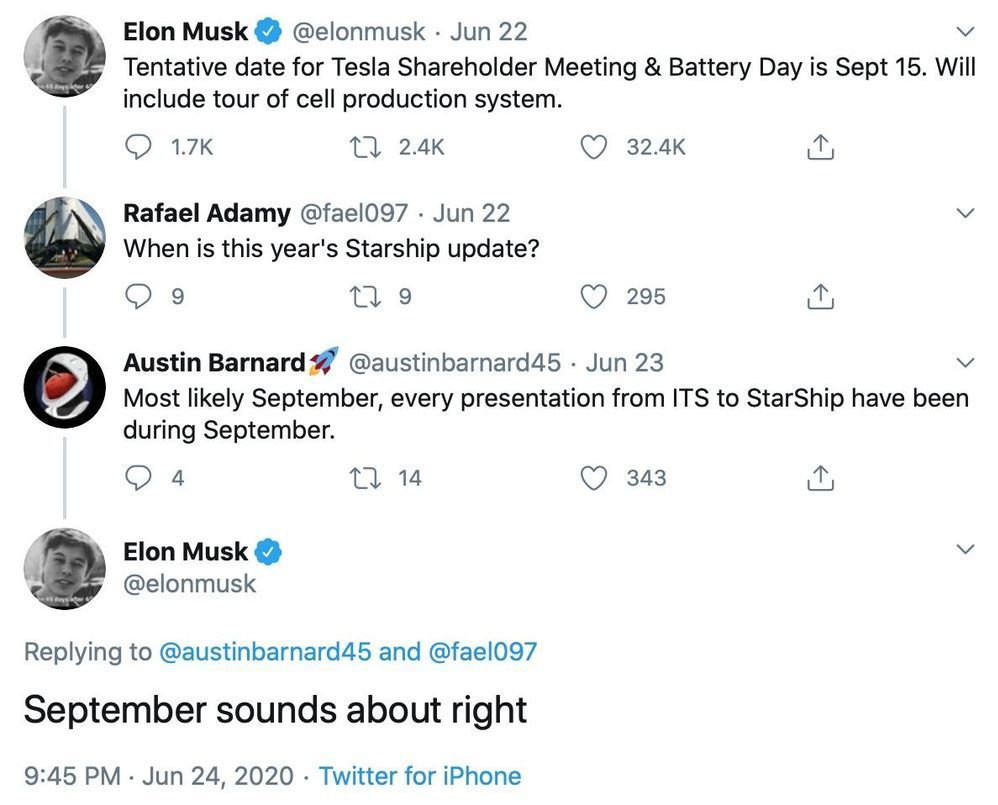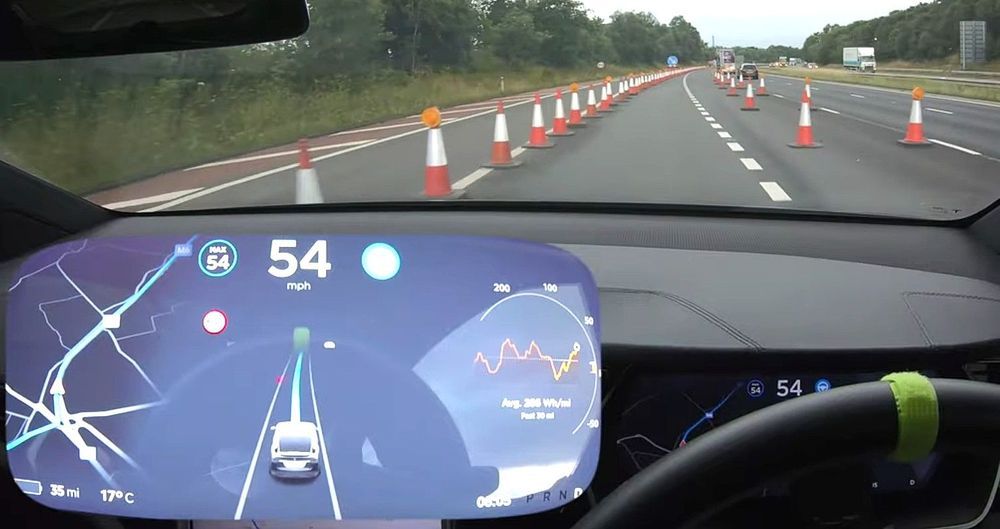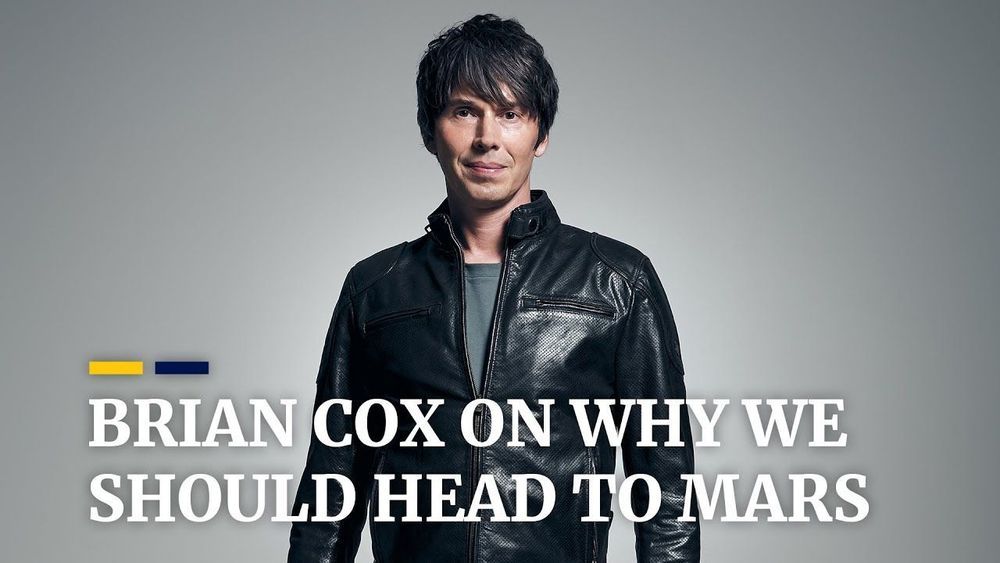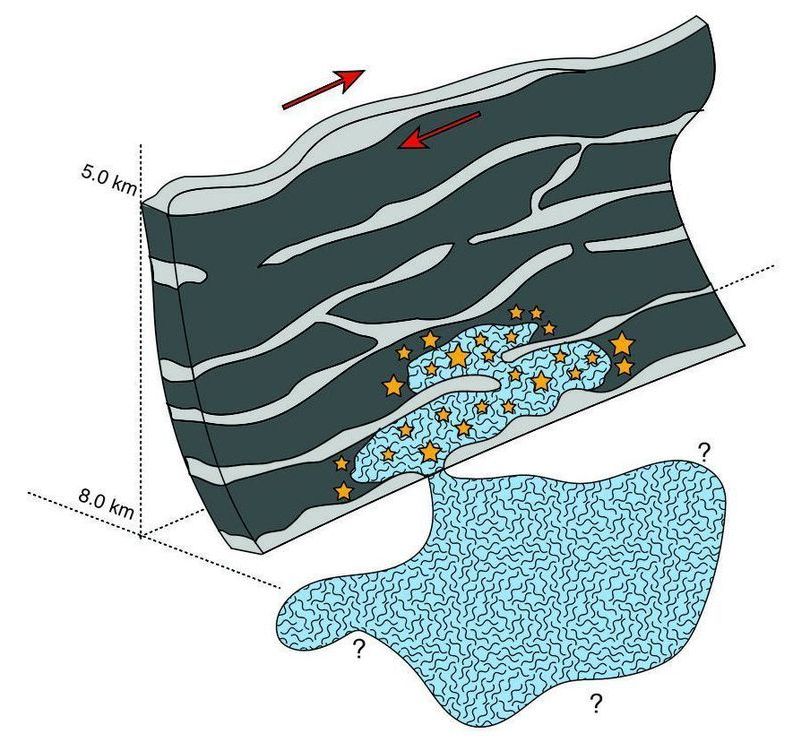Tweaking an immune protein called interleukin-18 can overcome tumors that lure it into binding with a decoy receptor protein and render it harmless to cancer cells, new research in mice shows. In conjunction with the paper, published Wednesday in Nature, a company founded by senior author Aaron Ring announced $25 million in initial financing to create and commercialize a drug based on the discovery.
The approach adds another weapon to an immunotherapy arsenal that activates immune responses hijacked by cancer. Checkpoint inhibitors, for example, take the brakes off immune cells that should battle invaders. IL-18 is a cytokine that normally activates T cells and natural killer cells, two immune forces that fight infection, but it’s disarmed by the decoy wielded by tumors.









